
EVnSteven FAQ
- Published August 15, 2024
- Documentation, Help, FAQ
- FAQ, Questions, EV Charging, Billing, Support
- 18 min read
We understand that navigating a new app can come with questions, so we’ve compiled a list of the most common inquiries to help you get the most out of EVnSteven. Whether you’re curious about setting up your charging station, managing your account, or understanding how pricing works, this FAQ is designed to provide clear and concise answers. If you don’t find what you’re looking for here, feel free to reach out to our support team for further assistance. Let’s make charging easier and more efficient together!
Read More
Checkout Reminders & Notifications
- Published July 24, 2024
- Features, Benefits
- Reminders, Notifications, EV Charging, User Experience, Shared Stations
- 2 min read
EVnSteven offers a robust checkout reminders and notifications feature, enhancing the user experience and promoting better charging etiquette. This feature is especially beneficial for users and property owners of shared EV charging stations.
Read More
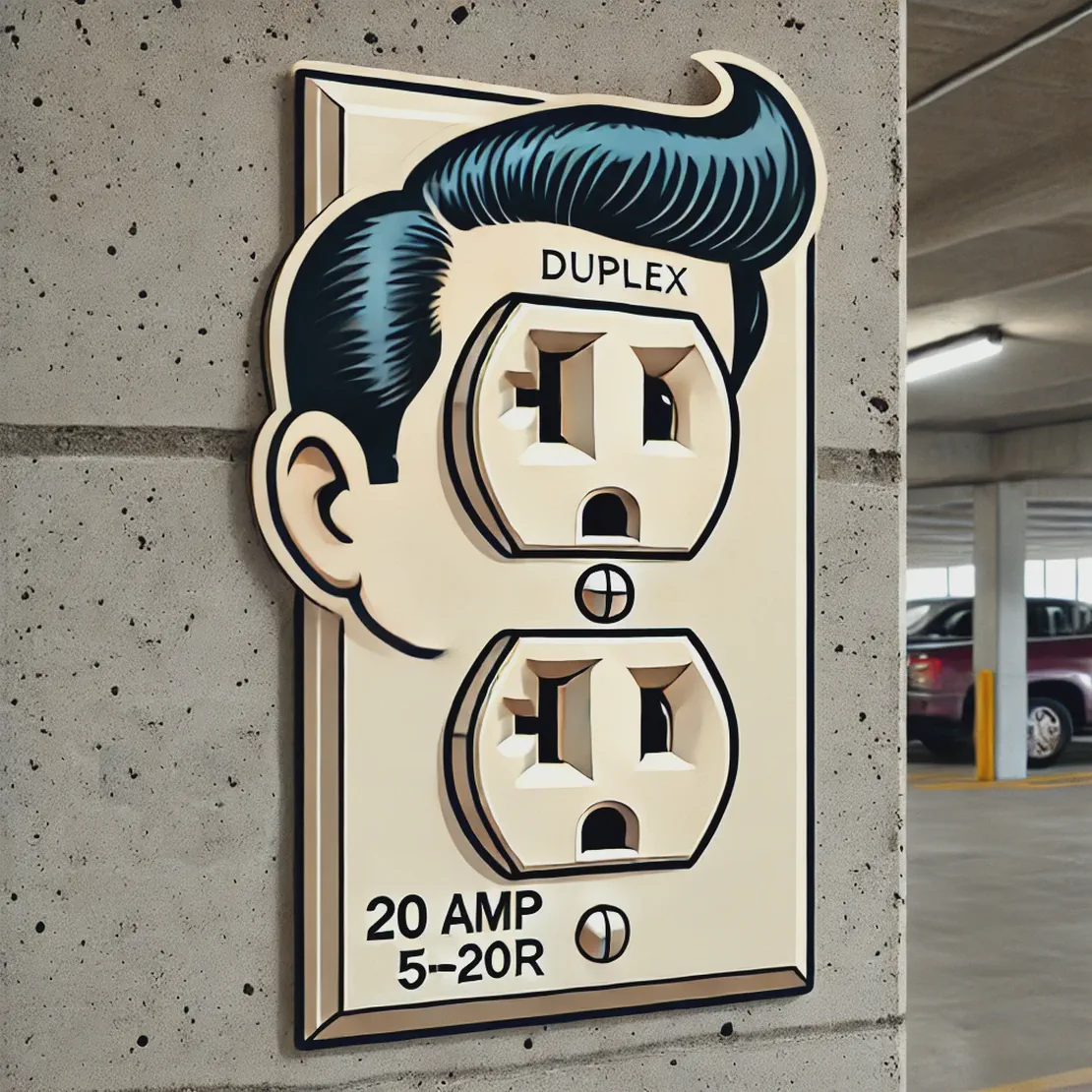
Step 3 - Station Setup
- Published July 24, 2024
- Documentation, Help
- Station Setup, Guide, EV Charging, Station Owner, Station Location, Station Power, Station Tax, Station Currency, Station Terms of Service, Station Rate Schedule
- 10 min read
This guide is for station owners and users. Part one is for station users, who simply need to add an existing station that has already been configured by a station owner. Part two is for station owners, who need to configure their stations for use by station users. If you are a station owner, you will need to complete part two to set up your station for use by station users.
Read More
Easy Check-in & Check-out
- Published July 24, 2024
- Features, Benefits
- Check-in, Check-out, QR Code, NFC, EV Charging, User Convenience
- 2 min read
Users can easily check in and out of stations using a simple process. Select the station, vehicle, set battery state of charge, checkout time, and reminder preference. The system will automatically calculate the cost estimate based on the duration of use and the station’s pricing structure, as well as 1 token for use of the app. Users can select the number of hours or set a specific checkout time. The state of charge is used to estimate the power consumption and provide a retroactive cost per kWh. Session costs are entirely time-based, whereas the cost per kWh is for informational purposes only after the fact and is only an estimate based on what the user has reported as their state of charge before and after each session.
Read More

State of Apartment and Condo Charging Q2 2025
- Published May 23, 2025
- Articles, Stories
- EV charging, multi-family housing, electric vehicles, condo charging, apartment infrastructure
- 3 min read
EV adoption is surging, but if you live in an apartment or condo, charging your car still sucks.
While single-family homeowners enjoy seamless home charging, millions of renters are stuck juggling extension cords, overpriced public chargers, and convoluted building politics. Q2 2025 has made one thing painfully clear: multifamily housing is still the Wild West of EV infrastructure.
Read More
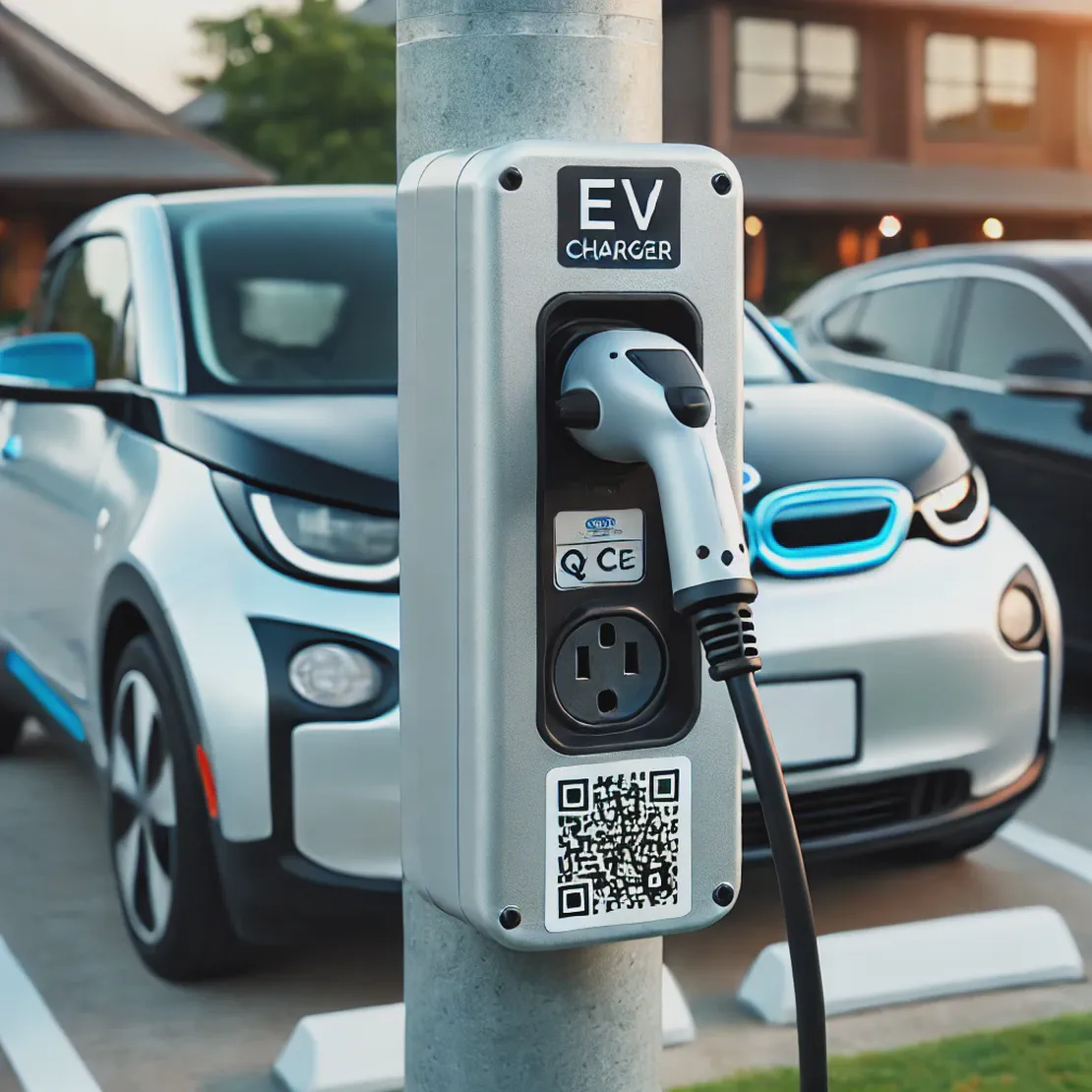
The Value of Trust in Community-Based EV Charging Solutions
- Published February 26, 2025
- Articles, EV Charging
- EV Charging, Community Charging, Trust-Based Charging
- 3 min read
Electric vehicle (EV) adoption is accelerating, increasing the demand for accessible and cost-effective charging solutions. While public charging networks continue to expand, many EV owners prefer the convenience of charging at home or in shared residential spaces. However, installing traditional metered charging stations can be costly and impractical in multi-unit dwellings. This is where trust-based community charging solutions, like EVnSteven, present an innovative and cost-effective alternative.
Read More
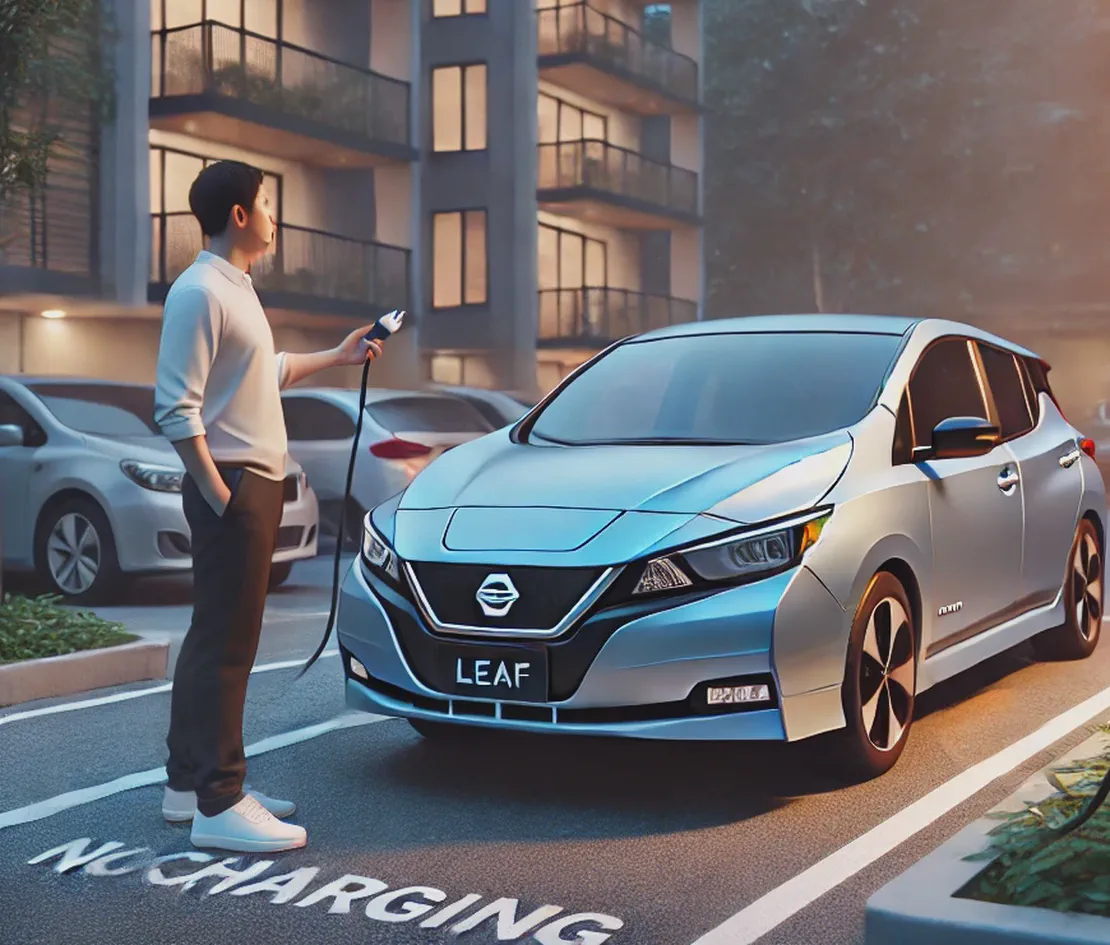
Is Charging an EV a Tenant’s Right?
- Published November 12, 2024
- Articles, Stories
- EV Charging, Tenant Rights, Landlord Obligations, Electric Vehicles
- 4 min read
Is Charging an EV a Tenant’s Right?
One Ottawa tenant believes so, as his rent includes electricity.
There’s a straightforward solution to this dilemma, but it requires a certain mindset—one that may feel rare in tenant-landlord relationships. As EV ownership rises, simple adjustments could make charging convenient and affordable for tenants while protecting landlords from extra expenses. This approach demands a focus on one key value that can make all the difference.
Read More

Adapting to JuiceBox's Exit: How Property Owners Can Continue Offering Paid EV Charging with their JuiceBoxes
- Published October 5, 2024
- Articles, Stories
- EV Charging, JuiceBox, EVnSteven, Property Management
- 2 min read
With JuiceBox recently leaving the North American market, property owners who relied on JuiceBox’s smart EV charging solutions might find themselves in a tough spot. JuiceBox, like many smart chargers, offers great features like power tracking, billing, and scheduling, making EV charging management easy — when everything is working smoothly. But these advanced features come with hidden costs that are worth considering.
Read More
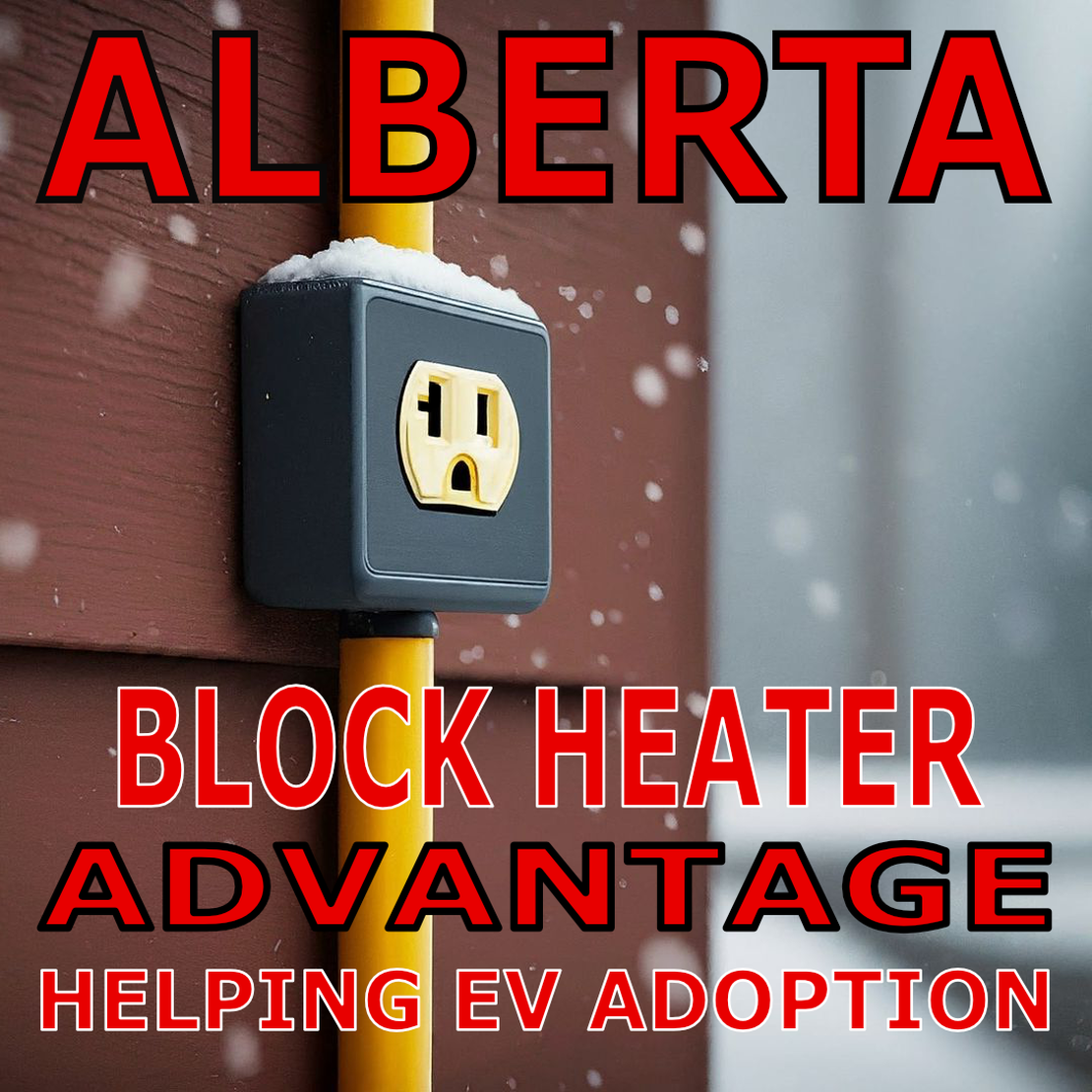
The Irony of Block Heater Infrastructure: How Alberta’s Cold Climate is Paving the Way for Electric Vehicles
- Published August 14, 2024
- Articles, Stories
- EV Charging, Alberta, Cold Weather EVs, Electric Vehicles, Block Heater Infrastructure
- 5 min read
A Facebook thread from the Electric Vehicle Association of Alberta (EVAA) reveals several key insights about EV owners’ experiences with charging their vehicles using different power levels, particularly Level 1 (110V/120V) and Level 2 (220V/240V) outlets. Here are the main takeaways:
Read More
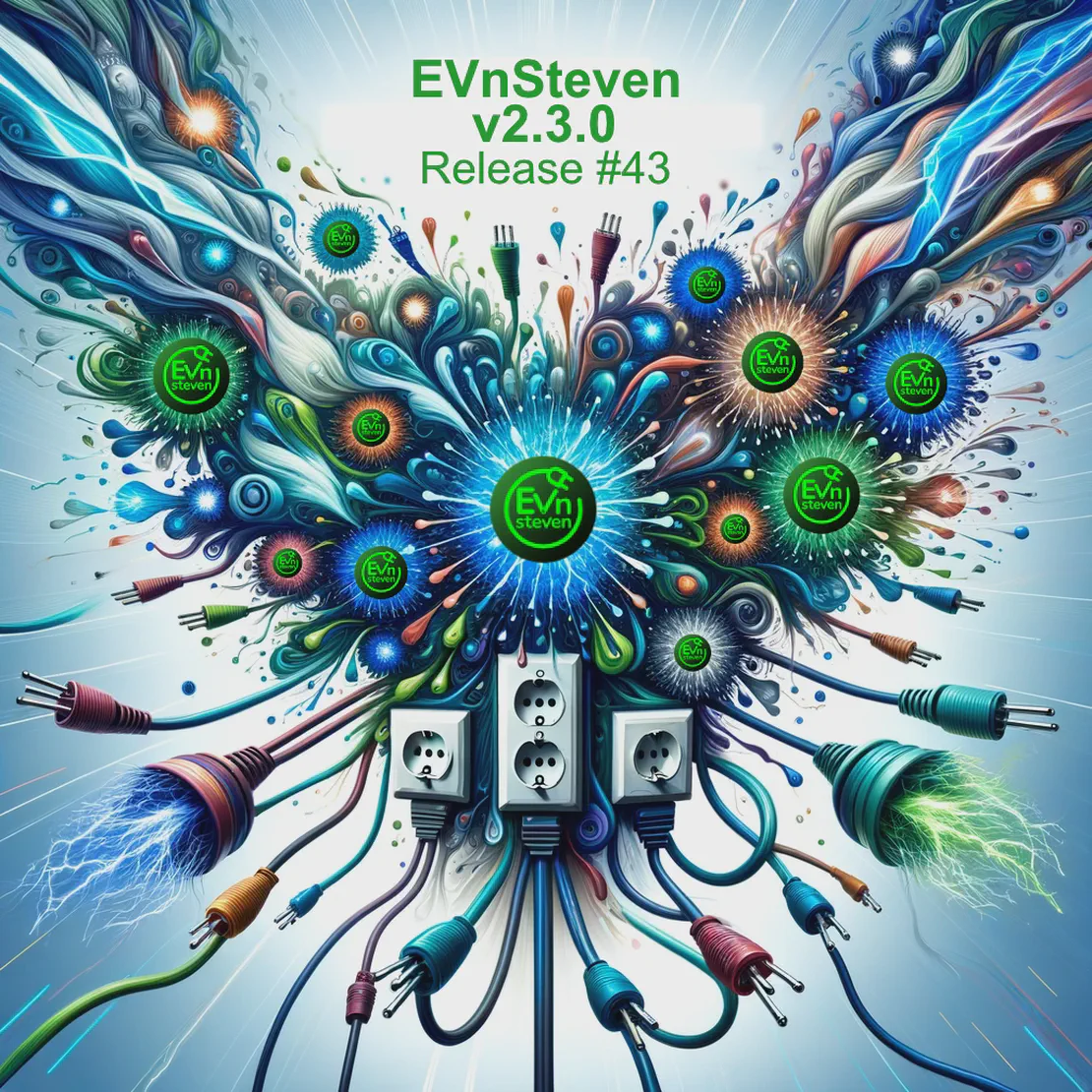
EVnSteven Version 2.3.0, Release #43
- Published August 13, 2024
- Articles, Updates
- EVnSteven, App Updates, EV Charging
- 3 min read
We’re thrilled to announce the release of Version 2.3.0, Release 43. This update brings several enhancements and new features, many of which are inspired by your feedback. Here’s what’s new:
Read More
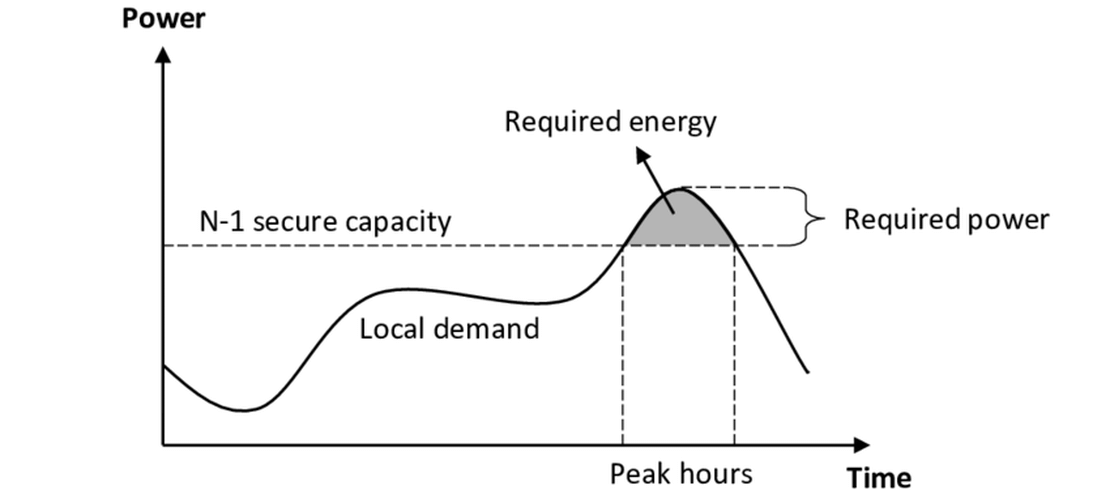
Electrical Peak Shaving - Reducing CO2 Emissions with EVnSteven
- Published August 8, 2024
- Articles, Sustainability
- EV Charging, CO2 Reduction, Off-Peak Charging, Sustainability
- 2 min read
Electrical peak shaving is a technique used to reduce the maximum power demand (or peak demand) on an electrical grid. This is accomplished by managing and controlling the load on the grid during periods of high demand, typically through various strategies such as:
Read More

Reducing CO2 Emissions by Promoting Off-Peak Charging
- Published August 7, 2024
- Articles, Sustainability
- EV Charging, CO2 Reduction, Off-Peak Charging, Sustainability
- 3 min read
The EVnSteven app is playing a role in reducing CO2 emissions by promoting off-peak overnight charging at inexpensive Level 1 (L1) outlets in apartments and condos. By encouraging EV owners to charge their vehicles during off-peak hours, typically overnight, the app helps reduce additional demand on base-load power. This is particularly important in regions where coal and gas power plants are the primary sources of electricity. Utilizing off-peak power ensures that the existing infrastructure is used more efficiently, thereby reducing the need for additional power generation from fossil fuels.
Read More

How an Innovative App Solved an EV Dilemma
- Published August 2, 2024
- Articles, Stories
- Strata, Property Management, Electric Vehicles, EV Charging, North Vancouver
- 2 min read
In the Lower Lonsdale area of North Vancouver, British Columbia, a property manager named Alex was responsible for several aging condo buildings, each bustling with diverse and dynamic residents. As electric vehicles (EVs) grew in popularity among these residents, Alex faced a unique challenge: the buildings weren’t designed for EV charging. Residents used standard electrical outlets in the parking areas for overnight trickle charging, which led to disputes over electricity consumption and strata fees due to the inability to track or estimate power use from these sessions.
Read More
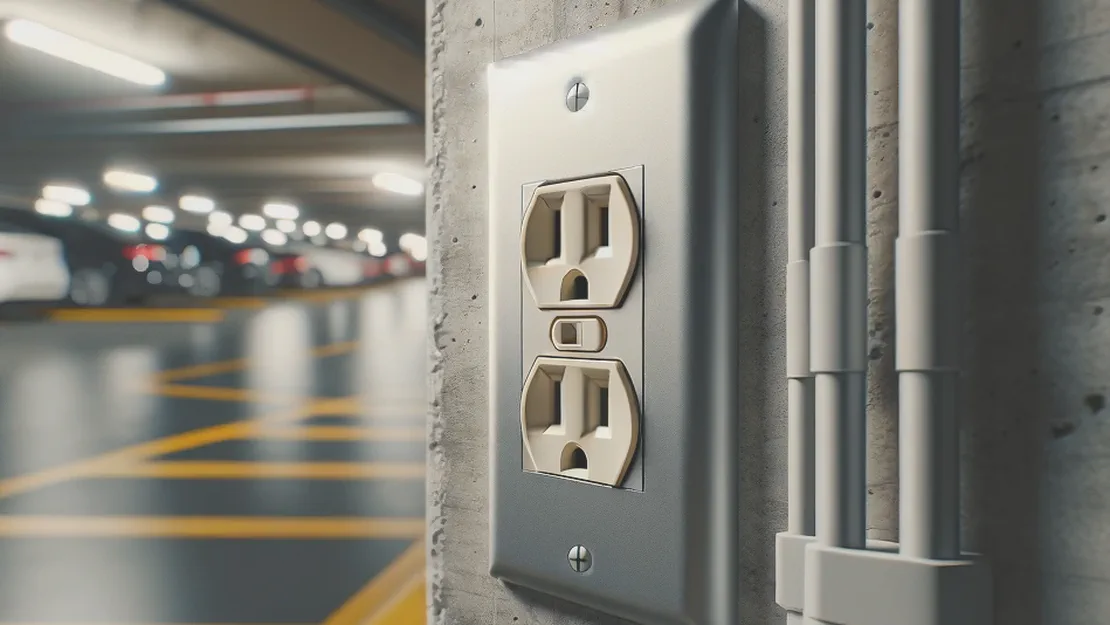
The Unexpected Effectiveness of Level 1 EV Charging
Electric vehicle (EV) adoption continues to rise, with more drivers making the switch from traditional internal combustion engine vehicles to greener alternatives. While much attention is often given to the rapid development and installation of Level 2 (L2) and Level 3 (L3) charging stations, recent insights from the Canadian Electric Vehicle (EV) Group on Facebook suggest that Level 1 (L1) charging, which uses a standard 120V outlet, remains a surprisingly viable option for a majority of EV owners.
Read More